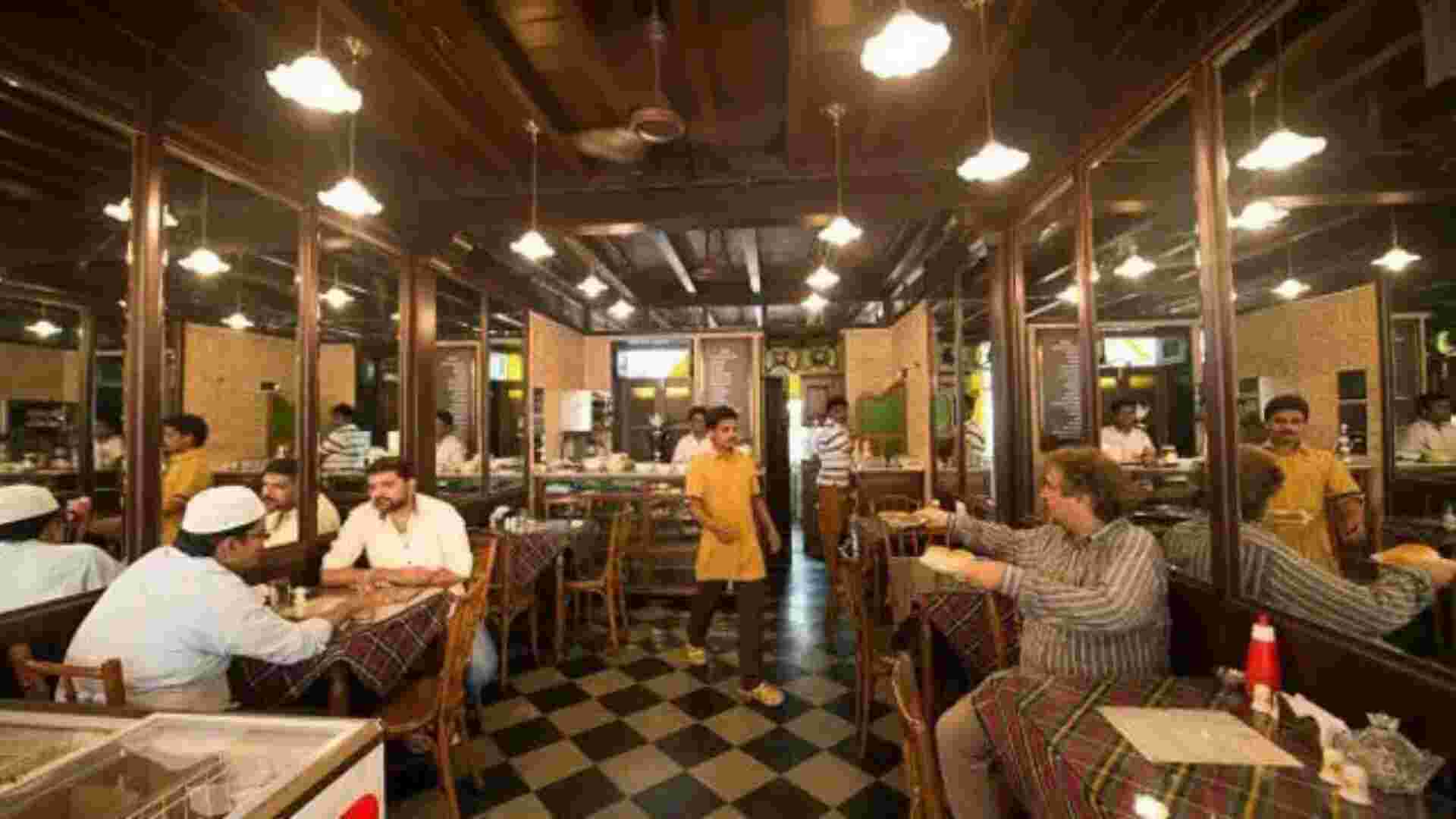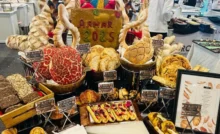The lingering aroma of bun maska, freshly fried samosas, and steaming hot Irani chai captures the essence of Hyderabad’s iconic Irani cafes. These Persian-style establishments have been a staple of the city’s cultural landscape for over a century.
With their marble-topped tables, old-fashioned clocks, and chequered floors, these cafes are a nostalgic nod to a bygone era. Irani cafes first emerged in India during the 18th and 19th centuries, introduced by Persian immigrants fleeing persecution and famine in Iran.
While Mumbai and Pune are well-known for these cafes, Hyderabad, with its deep-rooted history and connections to Persian trade, proudly hosts the second-largest number of Irani cafes in the country, following Mumbai.
Historian Mohammed Safiullah highlights the social significance of these cafes in Hyderabad, noting that they broke down social barriers by creating secular spaces where people from all religions and castes could gather. “Irani cafes in Hyderabad have stood as symbols of secularism,” echoes historian Paravastu Lokeshwar. Yet, despite their rich legacy, these cafes are now facing serious threats to their survival.
Two decades ago, Hyderabad boasted around 450 Irani cafes; today, only 125 remain. Jaleel Farooq Rooz, the owner of The Grand Hotel, attributes this sharp decline to increased competition from fast-food chains and soaring real estate prices. “We used to sell 8,000-9,000 cups a day once. Now we sell just 4,000 cups a day,” Rooz laments.
The rapid urbanization of Hyderabad, particularly following the IT boom of the 1990s, has transformed the city, bringing in global fast-food chains that offer more amenities and variety than traditional Irani cafes. Many café owners, unable to compete with these modern establishments, have been forced to shut down.
Inflation has compounded the problem, with the rising costs of tea powder, milk, and other ingredients making it increasingly difficult for these cafes to stay afloat. Moreover, the current generation of Iranian families in Hyderabad shows little interest in continuing the family business, with many opting for different careers or migrating abroad.
Despite these challenges, some café owners are determined to preserve their heritage. Syed Mohammed Razak, who manages the Red Rose Restaurant, has introduced new dishes to attract more customers and is leveraging his graphic design skills to promote the café online. “I want to continue my family’s legacy,” Razak says.
Loyal customers, too, are dedicated to keeping these cafes alive. Yanni, a regular at the Grand Hotel, shares, “Irani tea is a part of my life. I love the taste and drink it every time I step out. There is nothing like it even today.”
Although Hyderabad’s Irani cafes still draw patrons who appreciate their unique blend of history, culture, and flavor, the future of these beloved establishments remains uncertain as they struggle to survive against modern challenges.










